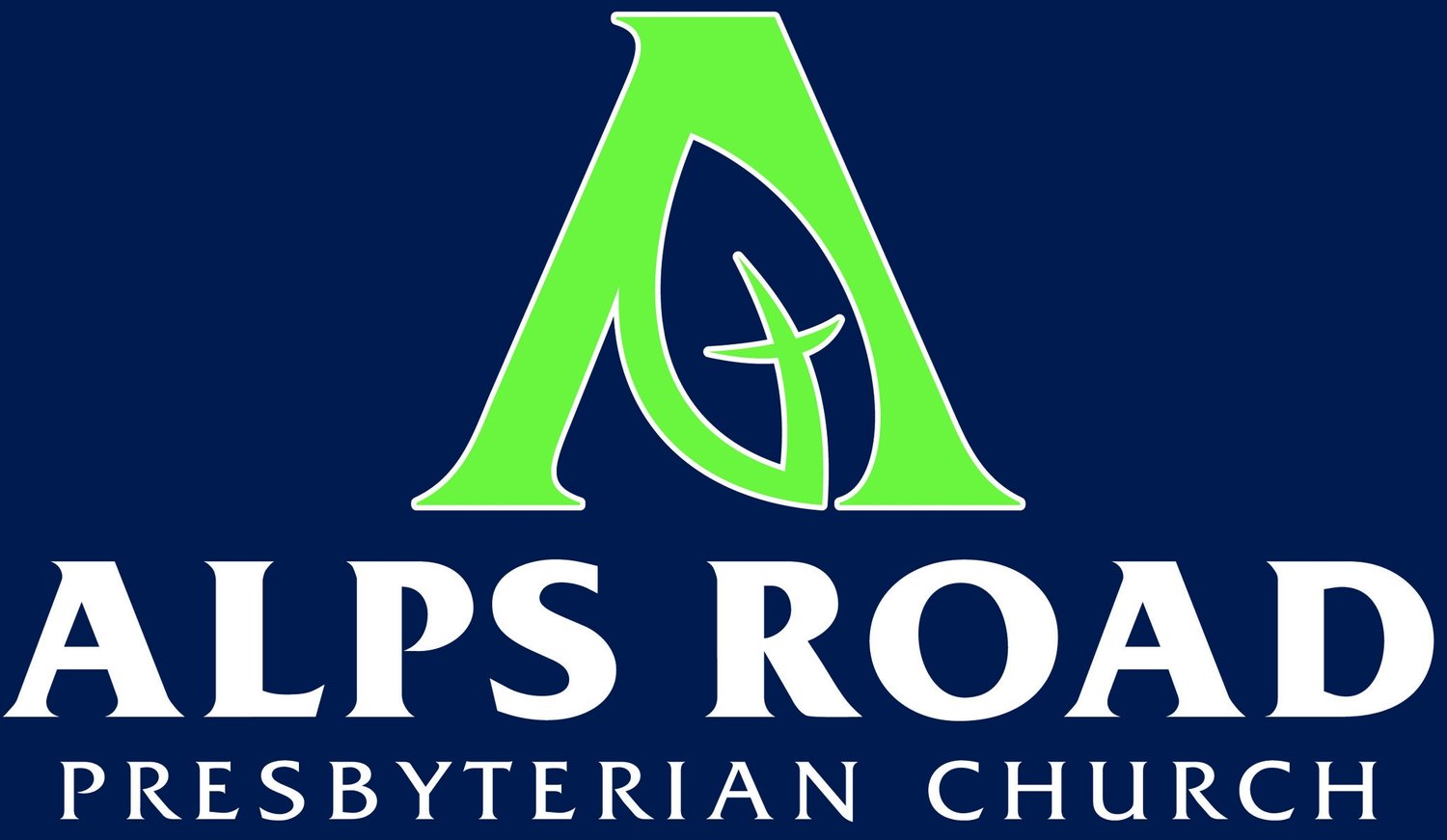Sacraments Explained: Baptism & the Lord's Supper - A Guide to Christian Ceremony
“And he took bread, and when he had given thanks, he broke it and gave it to them, saying, ‘This is my body, which is given for you. Do this in remembrance of me.’” Luke 22:19
As people, we love ceremonies. They remind us of important events, memories, and milestones. We celebrate birthdays, especially milestone birthdays, such as 1, 16, 21, and ones that end in zero. We mark graduations as ways to applaud accomplishment. We have wedding showers and baby showers. Weddings are a particularly important celebration. As a nation, we observe the 4th of July to remember our independence and Thanksgiving to celebrate our bounties.
Do we observe any ceremonies in the church? We celebrate Christmas and Easter to mark the birth and resurrection of Jesus. We mark confirmation for our youth and affirm the resurrection in funeral services. Beyond these, there are two special ceremonies that the church observes. They are the sacraments of baptism and the Lord’s Supper. The word “sacrament” was coined by the third-century theologian Tertullian. He took the term from the oath of allegiance that soldiers vowed to Caesar. Tertullian saw these church ceremonies as ways we affirmed our faith and pledged our commitment to Jesus Christ.
One of the historical questions about the sacraments is what exactly defines a sacrament. What makes something a sacrament? The Protestant church believed it was several things. First, a sacrament must be specifically commanded by Christ for all Christians. For that reason, marriage was not a sacrament since not all Christians are married. Second, it must have both a sign and a promise attached to it. This was why ordination was not a sacrament. Third, it must be for Christians alone, not for everyone. This was another reason marriage was not a sacrament. It was not for Christians alone but part of God’s common grace to everyone.
What is the function of the sacraments of baptism and the Lord’s Supper? They are signs that are linked to the things signified, sealing to us the promises of Jesus. The sign for baptism is the water used. It signifies the washing of forgiveness from sin by Christ. The sign in communion is the bread and the cup. They signify the body and blood of Christ, given to us for our redemption. These signs point to the promise given us in both sacraments. It is the promise of our salvation in Jesus Christ. The sacraments help to imprint the promises of God into our mind, heart, and spirit. The Holy Spirit seals us with the promise of salvation, keeping us for eternal life.
What do we affirm in the baptism of infants and children? When we baptize those who are too young for their own adult professions, we confess our confidence in God’s gracious initiative. A baby who cannot turn to God is nonetheless claimed as a member of the covenant community, a child of God, cleansed by grace and sealed by the Spirit. What do we affirm in the baptism of adults? In the baptism of adults, we confess our confidence that God’s grace can make us new creations at any stage of our lives.
What do we affirm in the Lord’s Supper? In the Lord’s Supper, we confess that as we eat the bread and share one cup, the Spirit unites us to the ascended Christ, so that His resurrection life nourishes, strengthens, and transforms us. When we celebrate the Lord’s Supper, we remember the central event of our redemption, Christ’s death on the cross. We remember that his body was broken and his blood poured out for our sakes. It is the remembrance of the love of God for us, so that our hearts are inclined not just to believe in God and honor God, but to love God.
